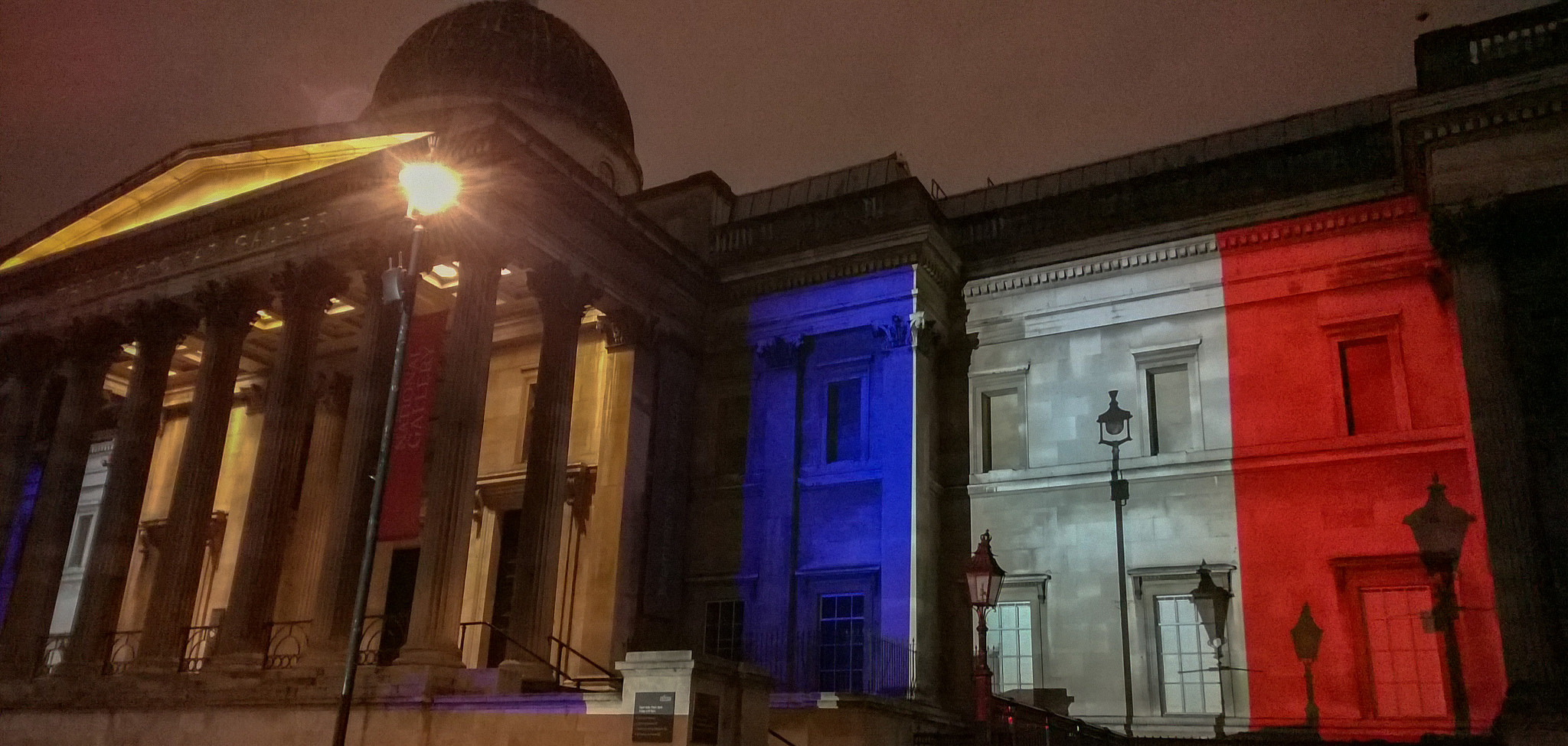To put it bluntly, the past few years have been exhausting. That’s been all the more true for the African American community, which has suffered not only a disproportionate number of Covid deaths, but also high-profile killings at the hands of police and White nationalists. Since the pandemic began in 2020, I’ve found myself particularly isolated because of an autoimmune illness, which has made leaving home especially risky and taken away my ability to travel internationally—an outlet I’d relied upon in the past whenever anti-Black racism had gotten to me.

When the lockdowns were at their worst, and Black death seemed everywhere, Hollywood didn’t offer much of a respite—shows and films like Lovecraft Country, Underground, and Antebellum still hit too close to home. Browsing on Netflix one night, I came across Chocolate, a Korean drama about a chef who falls in love with a neurosurgeon. As a child, the doctor dreamed of becoming a professional chef himself, and the two bond over their passion for cooking. At a time when Covid was raging unchecked across the country, this foreign-language tearjerker set in a hospice ward connected deeply with me, helping me to mourn the thousands dying every day. I was hooked. After that first taste, I dove deeply into the catalog of South Korean dramas now available on online streaming platforms. Since then, I’ve become a devoted fan.
In recent years, “K-dramas” have steadily gained a foothold among American audiences, riding a larger “Korean wave” of wildly popular K-pop musical groups like BTS and Blackpink and celebrated Korean filmmakers like Bong Joon-ho (director of the Academy Award-winning 2019 film Parasite). You can see this trend as yet another sign of globalization: the growing interconnectedness of the world’s markets and cultures. As singularly dominant as Hollywood has been over the past century, creators in other countries are increasingly able and eager to get their homegrown work shown widely in global media markets. The flow of blockbuster pop culture is no longer so one-way.
As someone tired of hearing the same stories from American shows and movies, I’ve found it refreshing to see Korean (and Nigerian and Brazilian) perspectives on TV. At the same time, the surging popularity of K-dramas has brought with it a host of concerns about representation and historical accuracy, as recent controversies underscore.
Continue reading Crash Landing on the U.S.Chinyere Osuji Chinyere Osuji is the author of Boundaries of Love: Interracial Marriage and the Meaning of Race, uses social science to understand how Blacks interact with ethnic and racial “others,” and has watched Something in the Rain five times. Site | Instagram | Twitter | Clubhouse
- Follow us on Twitter: @inthefray
- Comment on stories or like us on Facebook
- Subscribe to our free email newsletter
- Send us your writing, photography, or artwork
- Republish our Creative Commons-licensed content


